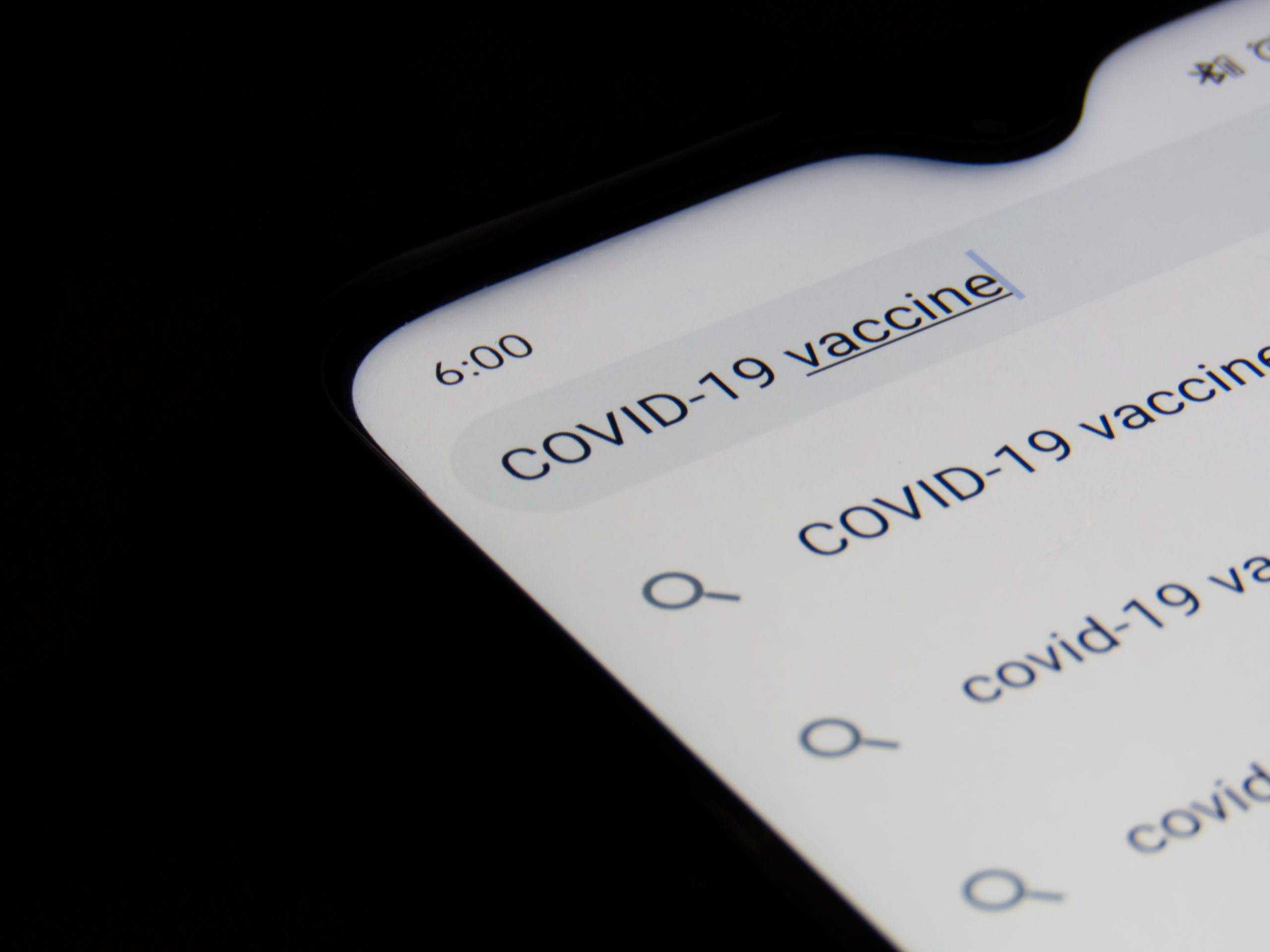One of the biggest conveniences of life in 2021 is the amount of information that is easily accessible without much effort. That applies to health and wellness as much as any topic, as most people only have to make a few taps on their phones or ask their smart speakers if they want to find advice on ways to stay healthy.
But what about when you aren’t feeling well? People have turned in increasing numbers to internet searches to try to self-diagnose illnesses. Not only has this trend been going on for some time — as far back as 2013, a Pew Research Center survey found that 35 percent of Americans were trying to diagnose themselves online — it’s also global, as studies in Australia and the U.K. have shown.
While online searches have some use in identifying warning signs for conditions that might need immediate attention, medical professionals have consistently cautioned against putting too much stock in a diagnosis from “Dr. Google”, and they are right in some sense. But the problem remains that they don’t give you an alternative. You have to spend hours on the phone or in the waiting room to see your doctor. At Forward, we know that making health care accessible is critical to improving our member’s health so we’ve built a 24/7 chat with your care team so that you can get trusted medical advice around the clock.
Why doctors and nurses advise against self-diagnosing online
The internet has an incredible amount of information, but not all of it is reliable. The chief frustration for medical professionals isn’t the fact that people want quick answers about their health, but rather that they aren’t more discerning about where they get it.
Even when the information is sound, most people don’t have the expertise to properly sort through it and put it into context. Disease symptoms often overlap, leading some to do even more searches while they ponder the worst-case scenarios. There’s even a term for what can set in during this endless loop: cyberchondria, which refers to increases in stress or anxiety based on what one learns conducting medical searches online.
There can be additional consequences measured in time and money — expensive tests when simpler alternatives could have ruled out the least likely causes, for instance. For all of these reasons, the consensus among doctors and nurses is that it’s best to use the internet only as a starting point. Stick to trusted, authoritative sites like the CDC, the National Institutes of Health, and the American Academy of Family Physicians. If you have questions about what you discover, make an appointment with your doctor and discuss them together.
How Forward can help
Forward is dedicated to making sure you have all the information you need to make the best possible decisions about your health without having to wait or schedule an appointment, meaning you may never need to consult Dr. Google. It starts with biometric scans, blood tests, and other data that give you and your doctor a comprehensive overview of your overall health. From there, you’ll develop a personalized plan with specific goals you’ll track together. We think this is a better way than diving into a sea of uncertainty on the internet, and we hope you’ll visit us to see if you agree.


